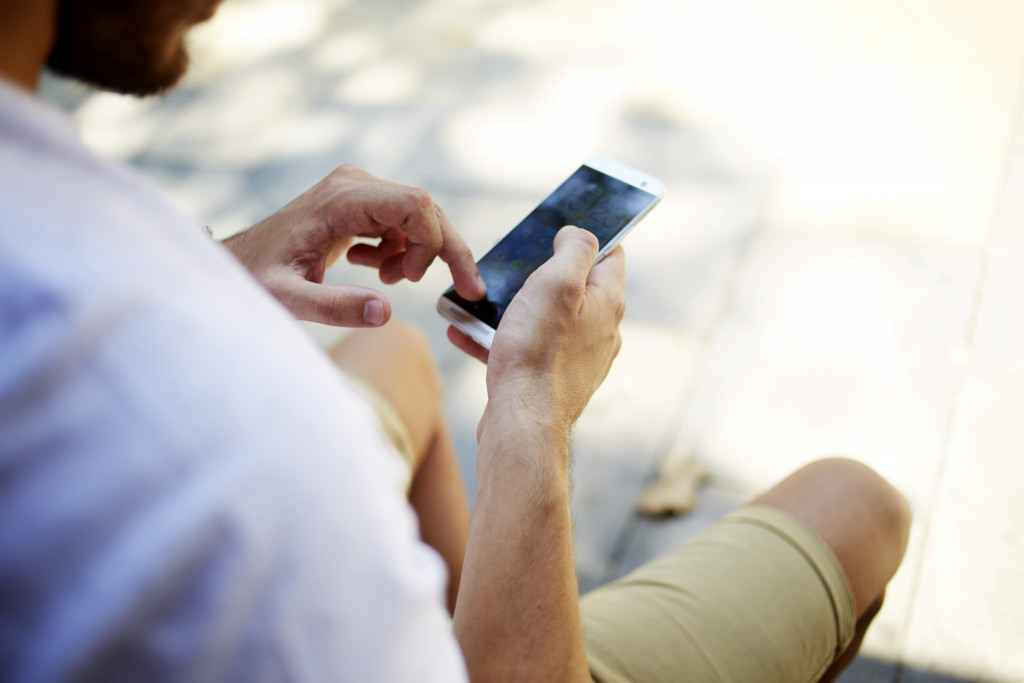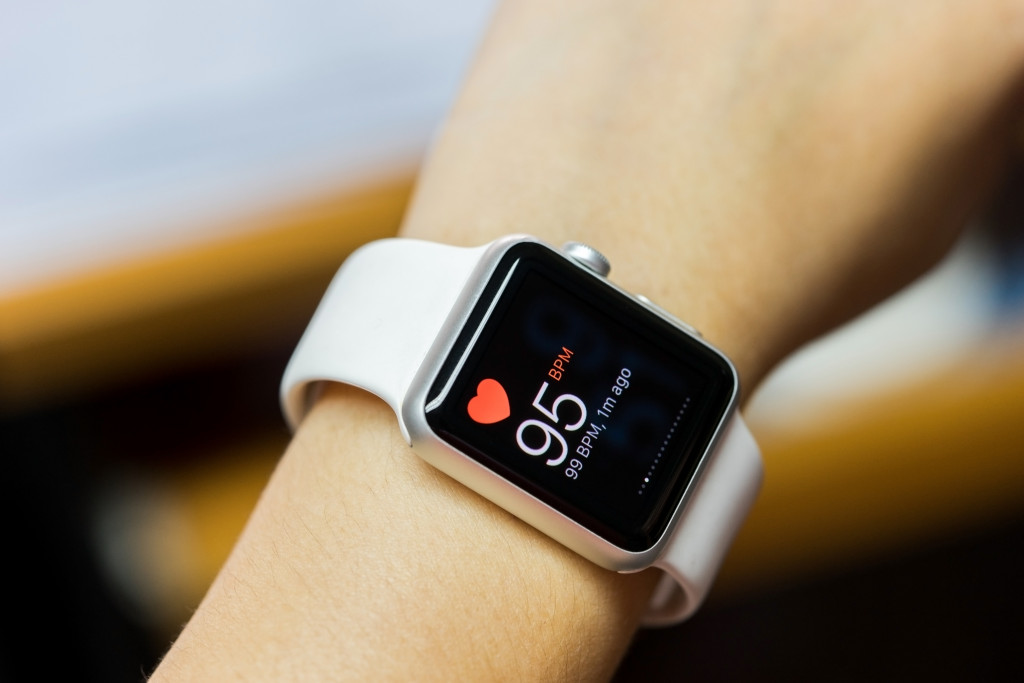Medicine has been working hand in hand with technology since time immemorial. It follows that if substance abuse is a medical problem, then technology can also help come up with solutions and treatments.
Since technology is doing wonders for the medical industry, especially in the 21st century as we battle a deadly pandemic. It can also help those in recovery in their battle against substance abuse. Here are some modern tech tools that can help fight addiction.
Real-time alcohol monitoring
We can’t deny that relapse is often a part of recovery. While it’s not ideal, we need to embrace it so that we don’t easily give up on people, or ourselves, if they, or we end up failing at one point or another. Thankfully, a type of technology can help the client’s recovery circle or sober companions keep track of the client’s progress, even from far away.
There is a technology called Soberlink, which is a real-time alcohol monitoring device for those who are getting out of a rehabilitation facility for alcoholics and want help stay accountable. It’s a discreet, portable type of breathalyzer that automatically sends alcohol-level test results in real-time to those that the recoverer chooses as part of their recovery circle or accountability team. Soberlink was cleared by the United States Food and Drugs Administration (FDA) and can be an excellent companion for those who are just leaving the facility and feel like they need a crutch for their first few months in the outside world.
Virtual eye movement desensitization and reprocessing
Eye movement desensitization and reprocessing (EMDR) is a treatment used by psychotherapists to help those in recovery alleviate the distress and pain they feel due to their traumatic memories. This treatment aims to reduce physiological arousal when recoverers are triggered, reformulate some cognitive distortions, and relieve distress in the long term. Evidence shows that EMDR therapy is one of the most effective treatments for those suffering from trauma and its effects—if not the most effective one.
Because the whole concept of this treatment is underscored by the belief that our minds can be repaired after damage, it can also be used for those healing from substance abuse, especially since mental health and addiction are closely linked to each other. Virtual EMDR came at the right time, especially since the pandemic demands that we stay home as much as we can. Virtual EMDR allows patients to go through the therapy without having to go to treatment centers, eliminating the risk for the recoverer to make some dangerous side trips or see people who might influence them to relapse.

Apps
For those of us who may not be suffering from the same issues that the addicted are going through, we only think of food delivery, online shopping, and virtual dating when we think of apps. But there are also plenty of apps or platforms that were developed to help those in recovery get the help they need through their smartphones or devices. Here are some examples of apps that were created to help people recover from their substance abuse problems or addictions:
- Alcoholics Anonymous Big Book is an app available on iTunes, and it is a virtual guide that helps recoverers go through the steps or process of healing.
- Sober Grid is another type of application that aims to provide immediate support to people based on their location. It is beneficial for those who feel like they’re on the edge of a cliff at a given moment and can’t think of anyone they can talk to about it.
- Squirrel Recovery is like a social media platform for those who are going through substance abuse problems or addictions of any type. It’s an opportunity for users to extend support to one another and help each other go through recovery. When someone feels incredibly at risk on any given day, their peers on the app can help give them some immediate assistance.
However, it’s important to note that apps cannot take the place of real recovery and tried-and-tested medical treatments, so talk to your doctor or psychologist before you install any of these apps. They are only supplementary; they are not the main thing that can help you in your quest for sobriety.
Healing from any illness can take a lot of hard work, but technology can help us in our mission to be healthy in every way. Maximize whatever tech tool you can, don’t hesitate to ask for support from people you trust, and believe that healing is possible.
